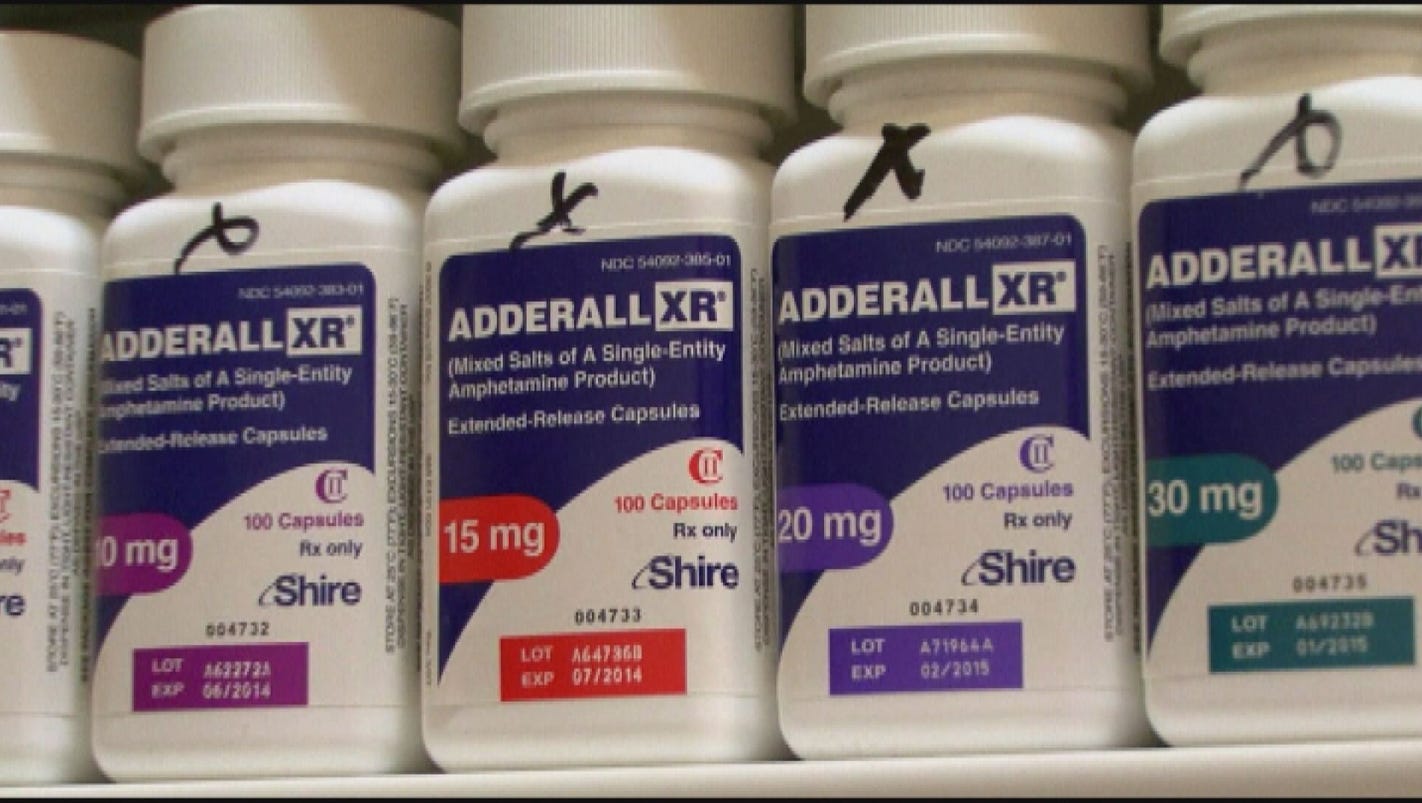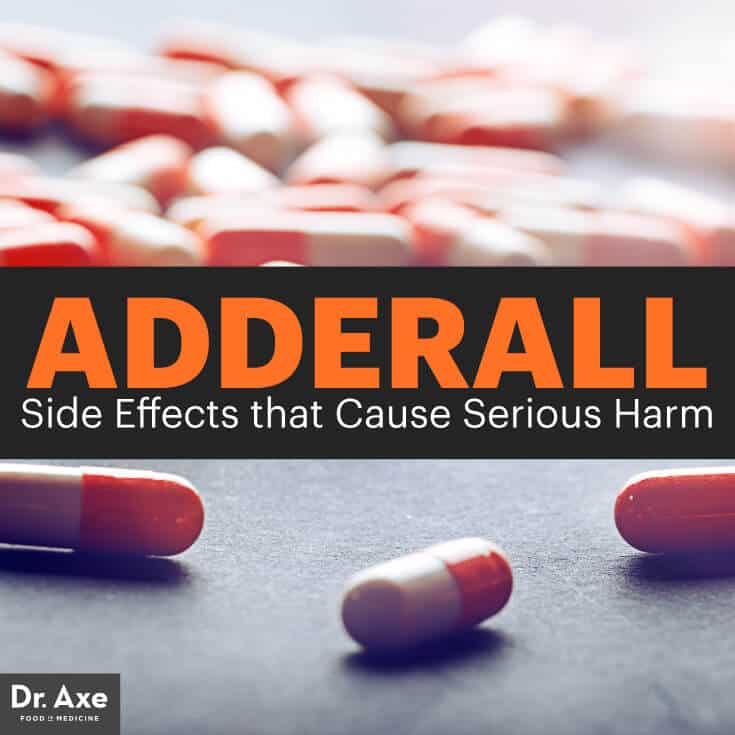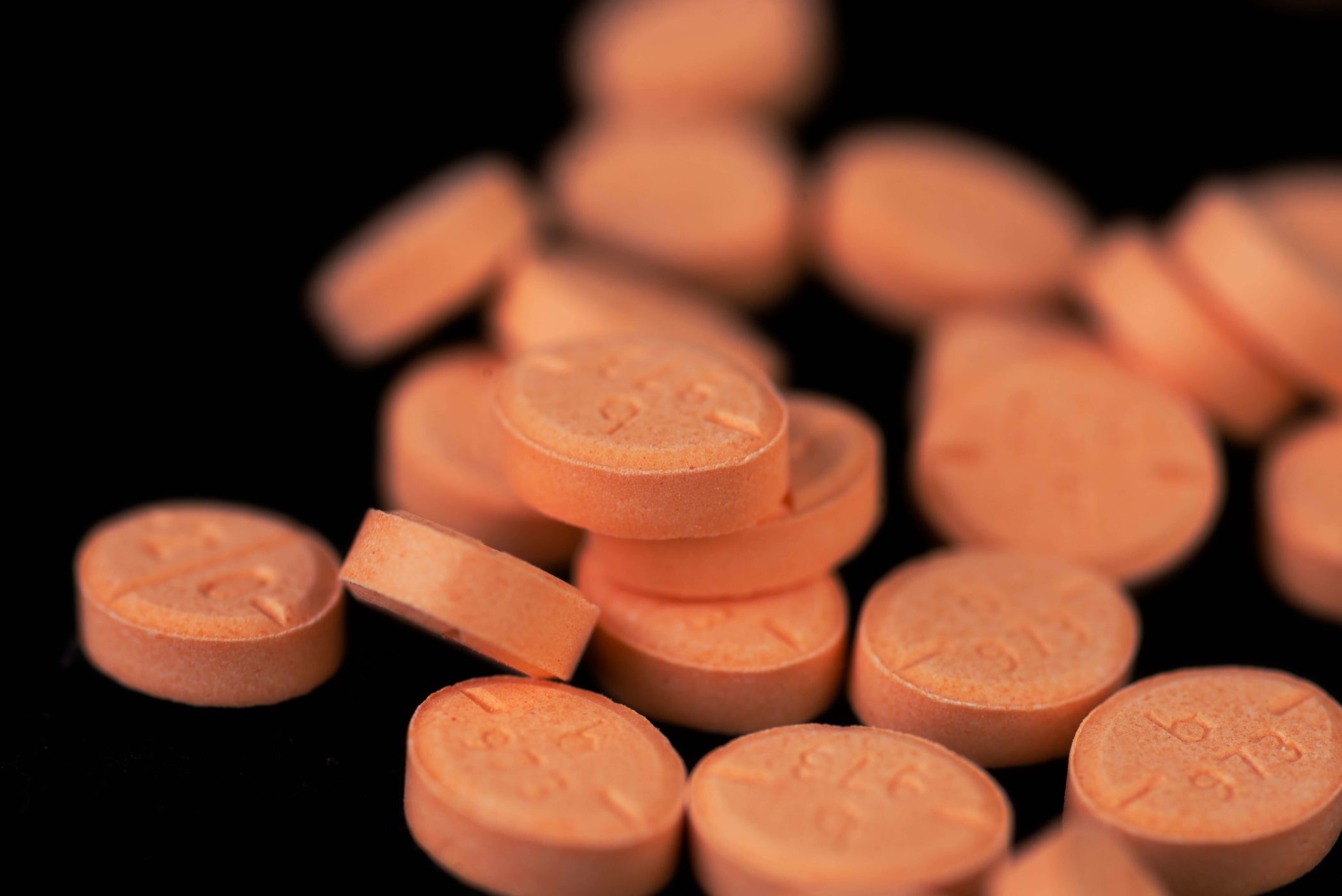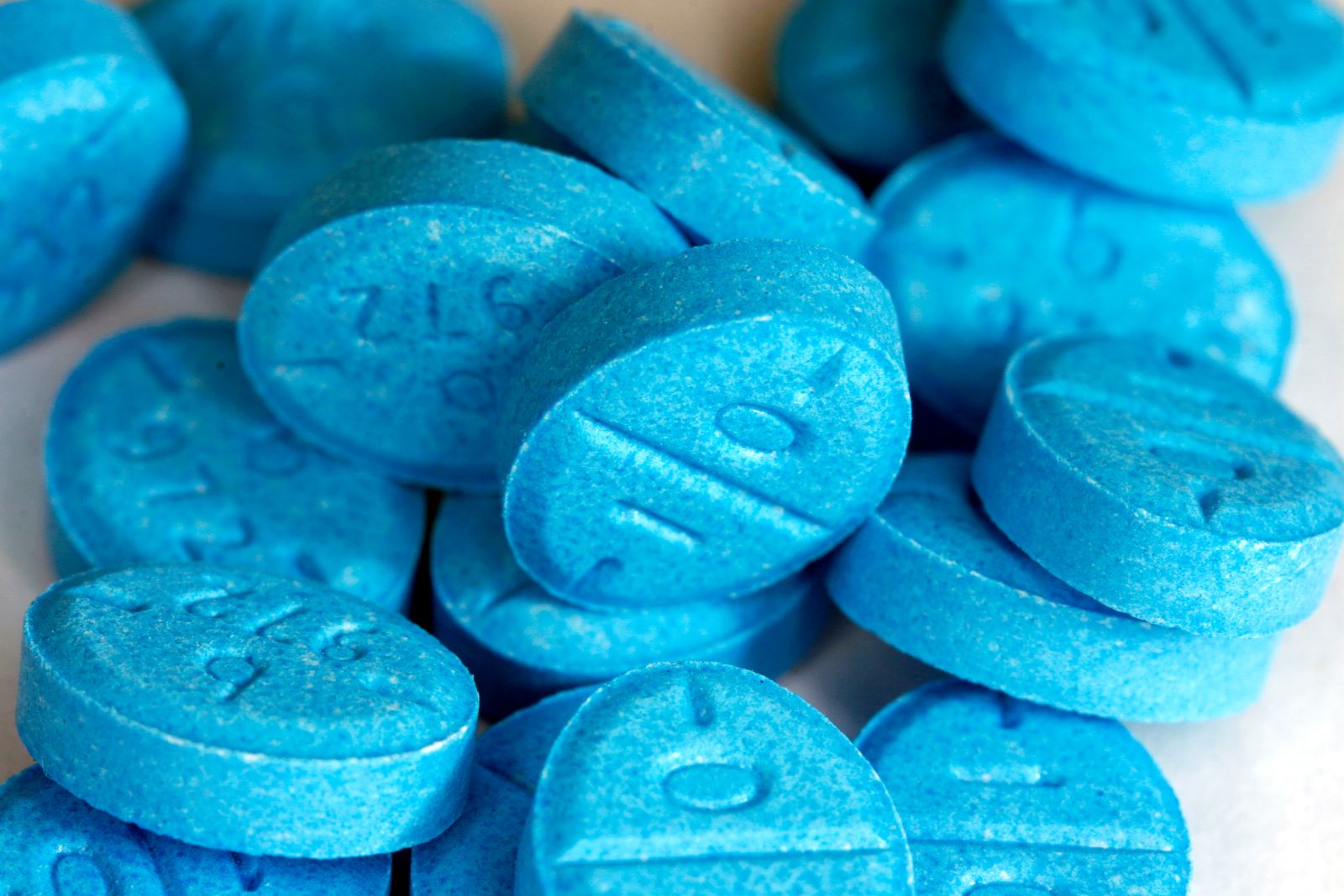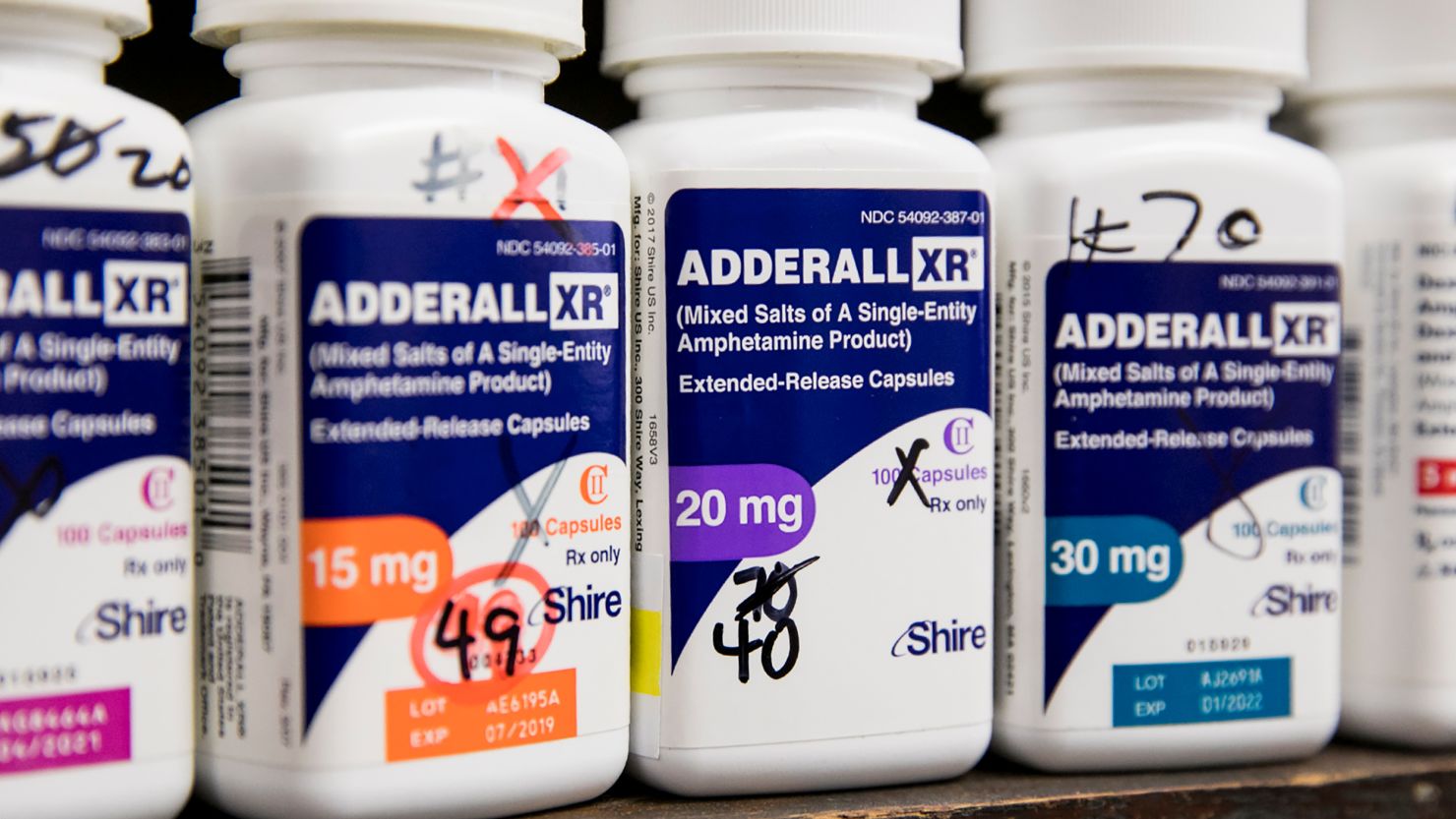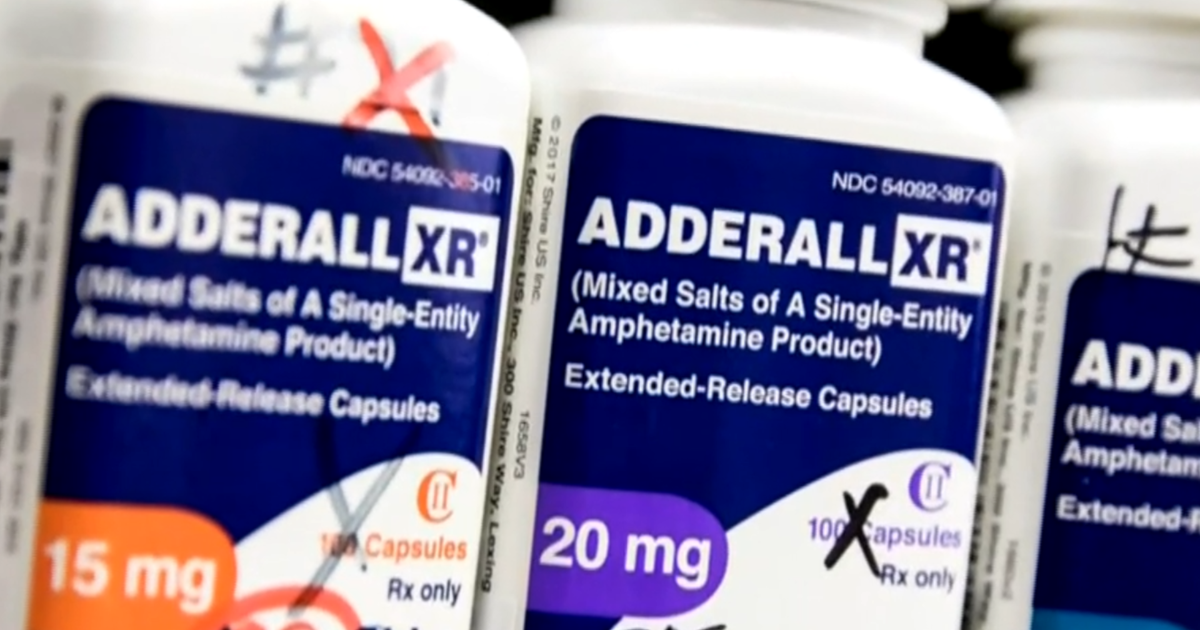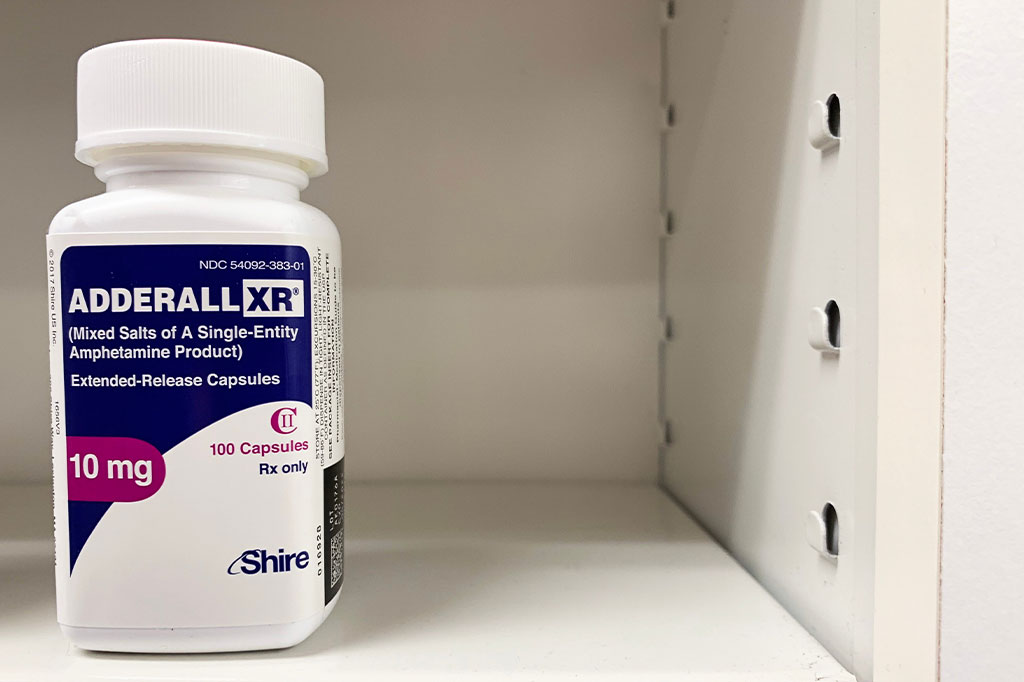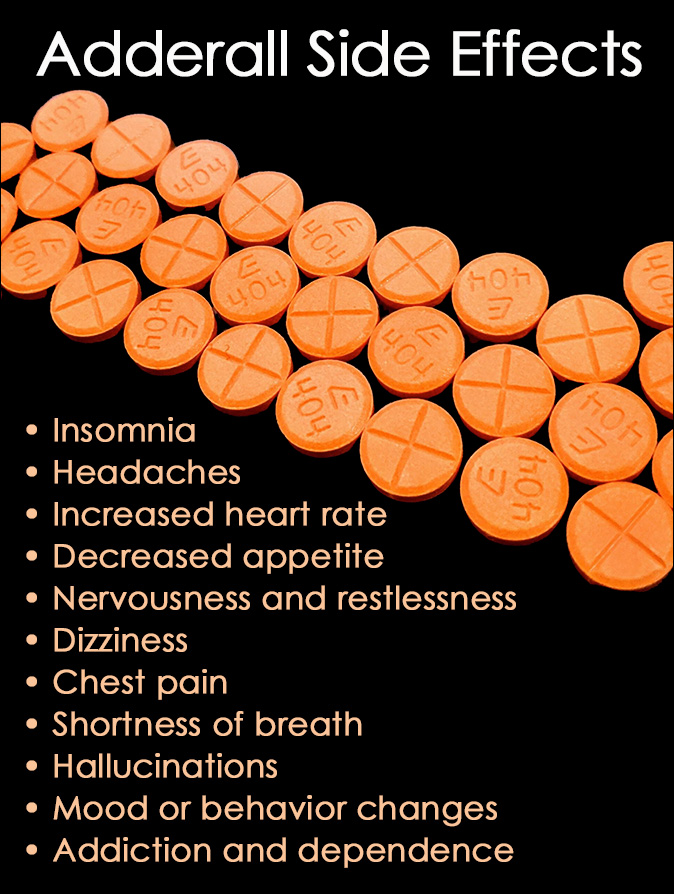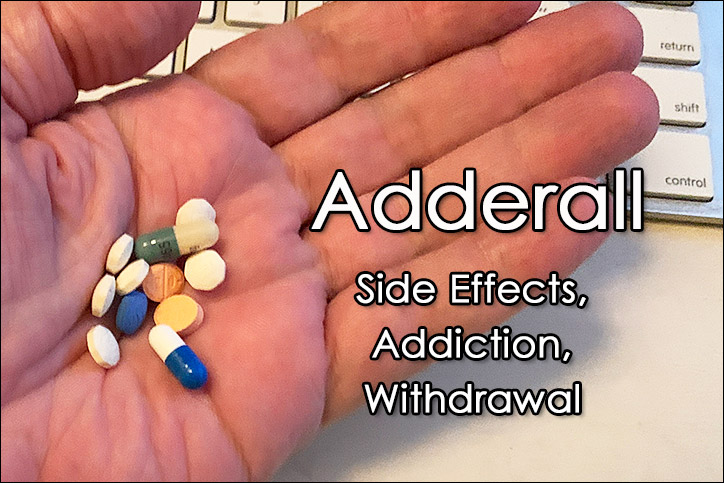Over The Counter Medicine Similar To Adderall

The demand for cognitive enhancement has surged in recent years, fueled by demanding academic environments and competitive workplaces. With prescription stimulants like Adderall facing accessibility hurdles and potential side effects, many are turning to over-the-counter (OTC) alternatives promising similar benefits. But are these OTC options safe and effective, or are they simply capitalizing on the desire for a quick cognitive fix?
This article delves into the world of OTC medications and supplements marketed as Adderall alternatives. It examines their ingredients, purported benefits, potential risks, and the scientific evidence supporting their use. We aim to provide a balanced perspective, drawing on scientific research, expert opinions, and regulatory information, to help readers make informed decisions about cognitive enhancement.
Understanding the Appeal of Adderall Alternatives
Adderall, a prescription medication primarily used to treat Attention Deficit Hyperactivity Disorder (ADHD), is known for its ability to improve focus, concentration, and energy levels. These effects make it attractive to individuals seeking a cognitive edge, even without a diagnosed medical condition. The desire for enhanced cognitive performance has created a market for OTC products that claim to mimic Adderall's effects.
Several factors contribute to the appeal of OTC alternatives. These include easier accessibility without a prescription, perceived lower risk of side effects compared to prescription drugs, and the allure of natural or herbal ingredients. Marketing strategies often emphasize these advantages, further driving consumer interest.
Common Ingredients in OTC Adderall Alternatives
OTC Adderall alternatives often contain a blend of vitamins, minerals, amino acids, and herbal extracts. Some of the most common ingredients include caffeine, L-theanine, B vitamins, ginkgo biloba, ginseng, and bacopa monnieri. Each of these ingredients is purported to offer specific cognitive benefits.
Caffeine is a well-known stimulant that can improve alertness and focus. L-theanine, often paired with caffeine, is believed to promote relaxation without drowsiness. B vitamins play a crucial role in brain function, and deficiencies can lead to cognitive impairment.
Ginkgo biloba is thought to improve blood flow to the brain, potentially enhancing memory and cognitive function. Ginseng is an adaptogen that may help the body cope with stress and improve mental performance. Bacopa monnieri is an Ayurvedic herb traditionally used to enhance memory and learning.
Scientific Evidence and Effectiveness
The scientific evidence supporting the effectiveness of these ingredients for cognitive enhancement is mixed. While some studies suggest potential benefits, many are small, poorly designed, or lack rigorous controls. This makes it difficult to draw definitive conclusions about their efficacy.
For instance, studies on caffeine and L-theanine have shown that the combination can improve attention and reaction time. However, the effects may be modest and short-lived. Similarly, research on ginkgo biloba has yielded inconsistent results regarding its impact on memory and cognitive function.
Bacopa monnieri has shown promise in some studies for improving memory and cognitive function, particularly in older adults. However, more research is needed to confirm these findings and determine the optimal dosage and duration of treatment.
Potential Risks and Side Effects
Although OTC products are generally considered safer than prescription medications, they are not without risks. Some ingredients can interact with medications or exacerbate existing health conditions. It is crucial to consult with a healthcare professional before taking any OTC supplement, especially if you have underlying medical conditions or are taking other medications.
Common side effects of caffeine include anxiety, insomnia, and digestive issues. High doses of ginkgo biloba can increase the risk of bleeding. Certain herbal supplements may interact with blood thinners or other medications. The lack of regulatory oversight for supplements also raises concerns about product quality and purity.
The Food and Drug Administration (FDA) does not regulate supplements in the same way as prescription drugs. This means that manufacturers are not required to prove the safety or effectiveness of their products before they are marketed. This can lead to inconsistencies in product quality and inaccurate labeling.
Expert Perspectives and Warnings
Medical professionals generally advise caution when considering OTC Adderall alternatives. Many experts emphasize that these products are not a substitute for proper medical evaluation and treatment. They also highlight the potential risks associated with self-treating cognitive issues.
"While some OTC supplements may offer mild cognitive benefits, they are unlikely to replicate the effects of prescription stimulants like Adderall," says Dr. [Fictional Name], a neurologist specializing in cognitive disorders. "It's important to address the underlying causes of cognitive difficulties rather than relying on quick fixes."
Furthermore, the long-term effects of using these supplements are often unknown. Some experts worry that chronic use of stimulants, even in milder forms, could potentially lead to adverse health outcomes. It is essential to weigh the potential benefits against the possible risks and to use these products responsibly.
The Future of Cognitive Enhancement
The demand for cognitive enhancement is likely to continue growing. As our understanding of brain function advances, new and more effective strategies for improving cognitive performance may emerge. However, it is crucial to approach cognitive enhancement with caution and to prioritize safety and evidence-based practices.
Ongoing research into natural compounds and brain training techniques may offer safer and more sustainable approaches to cognitive enhancement. Lifestyle factors such as diet, exercise, and sleep also play a significant role in cognitive health. Focusing on these foundational elements can often yield greater benefits than relying solely on supplements or medications.
Ultimately, the decision to use OTC Adderall alternatives is a personal one. However, it is essential to be well-informed about the potential benefits and risks. Consulting with a healthcare professional, researching the ingredients, and being realistic about the expected outcomes are all crucial steps in making a responsible decision.
